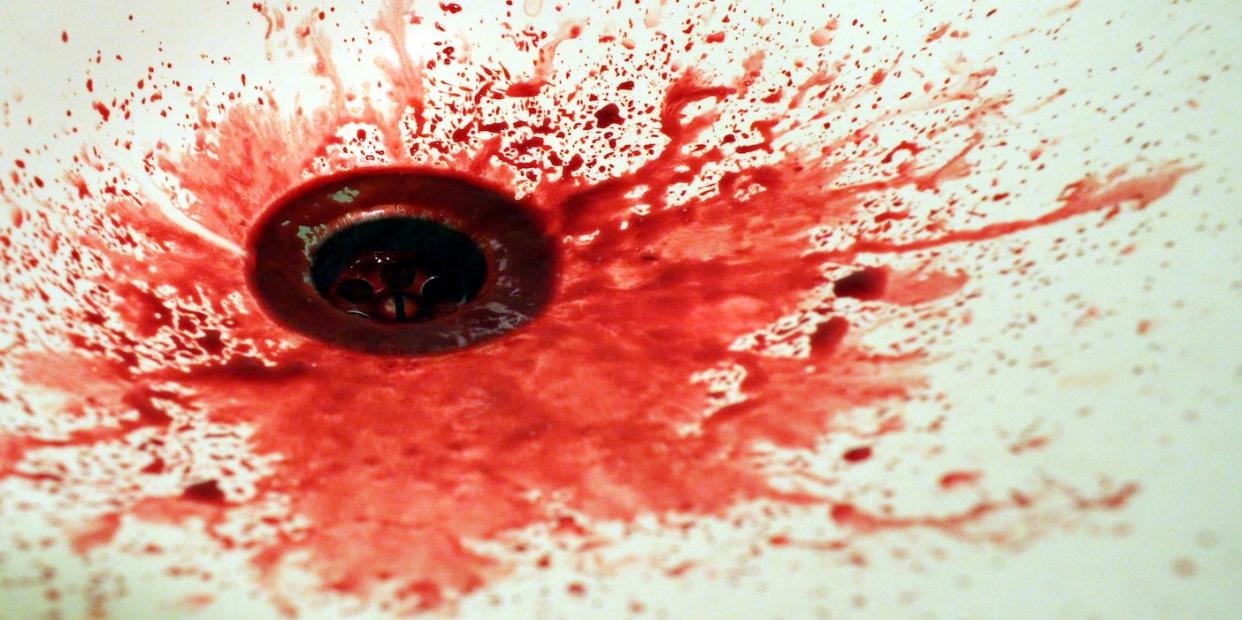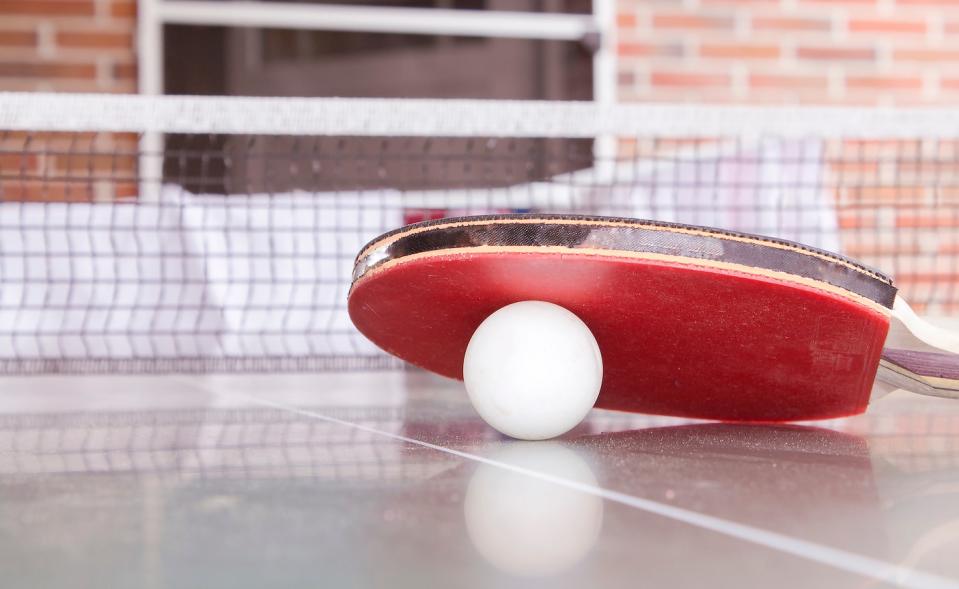Haemophilia: A rare blood-clotting disorder that runs in families

Skin that bruises easily, unexplained and prolonged nosebleeds, and excessive bleeding from an injury are some symptoms of haemophilia, a rare disorder associated with impaired blood clotting. Bleeding is prolonged because of a deficiency in certain proteins known as clotting factors.
There is currently no cure for haemophilia, which tends to run in families and mostly affects males, though recent clinical trials have shown promising results.
Patients can suffer external bleeding – e.g. from cuts and wounds – and internal bleeding – e.g. in the brain, abdomen and muscles/joints. In patients with severe haemophilia, symptoms typically show up in early childhood, while in mild to moderate cases, symptoms may appear in late childhood, adolescence or even in adulthood, often after an injury, or dental/surgical procedure.
While, you are usually born with haemophilia, in rare cases, you can develop it as an adult when your immune system attacks the clotting factors in your blood. This is associated with pregnancy, autoimmune conditions, cancer and multiple sclerosis.
What causes haemophilia?
Haemophilia is typically caused by a mutation on the X chromosome. If the X chromosome of a male carries the haemophilia gene mutation, he will develop the disorder but a female who has the haemophilia gene on one of her two X chromosomes, is likely to be a carrier and has a 50 per cent chance of passing the haemophilia gene to her children.
The two major types of haemophilia are haemophilia A and haemophilia B, caused by a deficiency in clotting factors 8 and 9 respectively.
How is haemophilia diagnosed and treated?
Haemophilia is diagnosed with the help of a blood test for clotting factor deficiency. Treatment is based on the severity of your condition and involves factor replacement therapy via injections.
For severe haemophilia, injections are administered regularly, while in mild to moderate cases, injections are given only during episodes of prolonged bleeding.
Internal bleeding, particularly in the brain, can be life-threatening and requires emergency treatment in a hospital.
If you have haemophilia, you are advised to get immunised against hepatitis A and B.

Tips for living with haemophilia
Act quickly and control any bleeding with first aid.
Strengthen your joints and muscles and lower your risk of internal bleeding with swimming and non-contact sports such as badminton and table tennis.
Avoid contact sports, e.g. rugby and football, which can cause injury to the abdomen and the head.
Maintain good oral hygiene to avoid gum disease.
Avoid taking aspirin and ibuprofen which can worsen bleeding.
Related stories:


